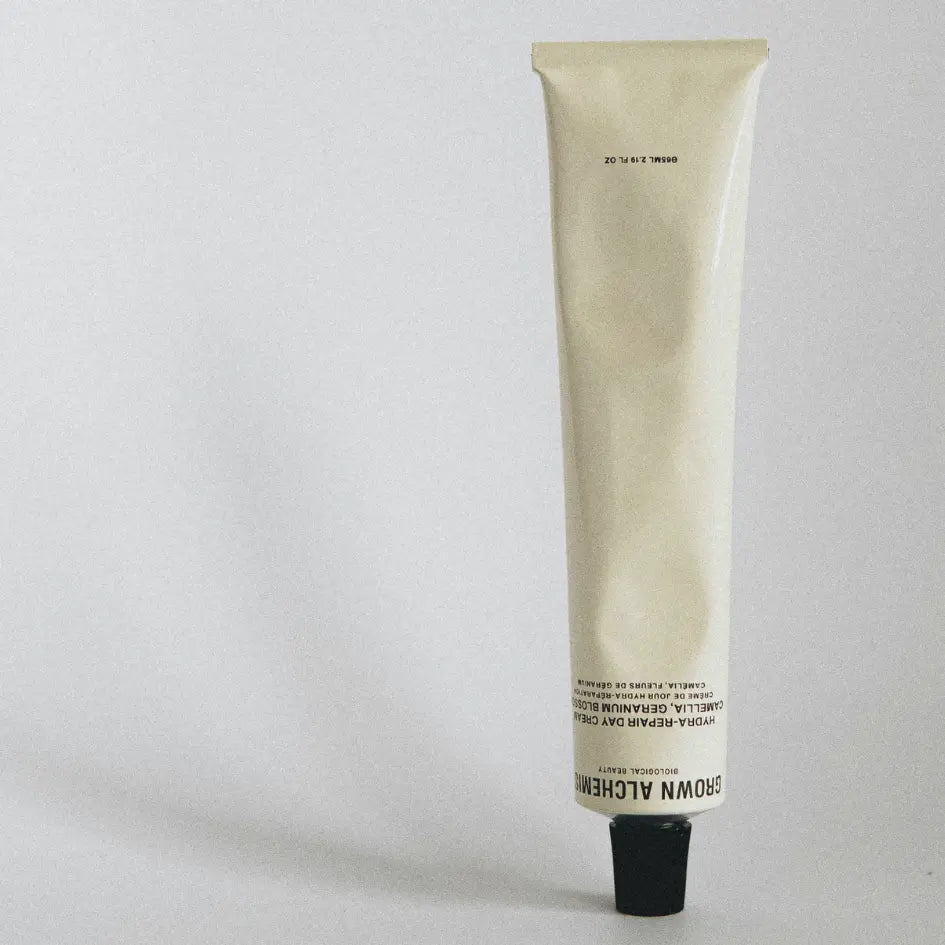Pacha Soap Co.
Our ratings are based on a scale from 1 (Avoid) to 5 (Top Choice).
See how we rate.
The Shifting Gaia rating evaluates brands based on sustainable practices, ingredients and materials, and social responsibility, among others. Below are a few factors influencing this brand's score:
overview
about
Pacha Soap Co. makes bar soaps, bath bombs, scrubs, and liquid soaps, with production based in Nebraska, USA. Highlights
• Aluminum & PCR packaging
• Regenerative ingredient sourcing
• Carbon-neutral pledge (2030)
• Salvaged Suds waste reduction
• Toxin-free formulas
• Leaping Bunny certified
sustainability
details:
Packaging
The brand has actively eliminated or reduced plastic in favor of circular, low-impact materials. In 2021, Pacha launched its #GetPumpedGoMetal initiative, shifting all liquid products (body wash, liquid hand soap, foaming hand soap) into infinitely recyclable aluminum bottles. Bar soaps and bath bombs are sold plastic-free, typically in simple paper or cardboard packaging. Where plastics are still used (e.g. in the whipped soap scrub jars), Pacha opts for 100% post-consumer recycled (PCR) plastic and efficient designs (e.g. low-profile flip-top lids).
Ingredient Sustainability
The brand directly sources key raw materials from small farmers and prioritizes regenerative agriculture practices that improve ecosystems. Pacha created the world's first Regenerative Certified bar soap, using Certified organic, regeneratively grown palm oil, shea butter, and sunflower oil from its partners. Pacha also works with women's cooperatives in Ghana to wild-harvest shea butter (protecting biodiversity) and partners like J-Palm in West Africa to use wild-harvested palm kernels.
The biodegradability of Pacha's formulas is high, as they consist primarily of natural plant oils, clays, salts, and gentle surfactants derived from coconut or sugar.
Energy Use and Footprint
Pacha Soap Co. has made clear public commitments to reducing and offsetting its carbon emission. The company joined the Net Zero 2030 pledge, vowing to achieve carbon-neutral operations by 2030. They have begun investing in carbon offsets and reforestation projects related to their supply chain. For example, Pacha partners with Camino Verde, a nonprofit protecting Amazon rainforest, to offset carbon.
The company's emphasis on slow, cold-process soapmaking and using ambient curing (for bar soaps) means energy usage is relatively low compared to industrial soap production.
Waste Management
A standout program is their “Salvaged Suds” line: instead of discarding soaps that are cosmetically imperfect (e.g. off-spec color or scent), Pacha sells them at a 50% discount as unique one-of-a-kind bars. This program significantly reduces solid waste in production. Additionally, Pacha's slow batch processing and handcrafted approach inherently minimize waste. Pacha's bar soaps cure without water-intensive processes. For liquid products, Pacha developed a “uniquely concentrated” foaming soap formula that does not ship unnecessary water (no extra dilution).
Business Model
Pacha Soap Co.'s business model balances growth with an ethos of conscious consumption. Unlike trend-driven beauty brands that churn out endless new SKUs, Pacha has a curated, stable core line of soaps and bath products. They do introduce seasonal scents or limited collections (e.g. a Fall collection, holiday scents), which shows some engagement with trends, but they keep the product categories fairly consistent.
non-toxic
details:
The brand's formulations are consistently free from known harmful chemicals and instead use natural, gentle components. Pacha proudly advertises that their products contain “no synthetic fragrance, SLS, parabens, or sulfates.” This covers many major classes of cosmetic toxicants: no sodium lauryl sulfate (a harsh irritant), no parabens (endocrine disruptors), and no phthalate-laden artificial fragrances. Instead, Pacha uses natural fragrances (essential oils and plant extracts) or phthalate-free aroma blends. They also avoid other common offenders like phthalates (not listed in any ingredient lists), polyethylene glycols (PEGs), petrochemicals like petrolatum or mineral oil, and formaldehyde-releasing preservatives.
social responsibility
details:
Pacha directly sources many ingredients from smallholder farmers in developing regions, ensuring those producers receive fair compensation. For example, Pacha partners with J-Palm Liberia to source wild-harvested palm kernel oil. Similarly, Pacha's shea butter comes from a women's cooperative in Ghana (via the nonprofit ORGIIS). Pacha is a member of the RSPO (Roundtable on Sustainable Palm Oil), which includes criteria for fair labor (e.g. no child labor, fair working conditions on plantations). Within their own operations in Hastings, Nebraska, Pacha carries little risk for fair labor violation. They are a relatively small business (under 100 employees), and their ethos of “empowering communities” extends to local community support.
Pacha Soap Co. is approved under the Leaping Bunny program. For customers who prefer 100% vegan, Pacha has a “Vegan” filter on their site and many products proudly bear a “Vegan” icon.
Pacha operates a “Raise the Bar” campaign in which for every bar of soap purchased, one bar is donated to someone in need. Pacha also uses a portion of profits to fund clean water wells and sanitation projects in developing regions. At home in Hastings, Nebraska, Pacha is active as well. They have supported local organizations and events, and as noted, they work with Grow Nebraska to not only improve their own sustainability but to help other local small businesses.







